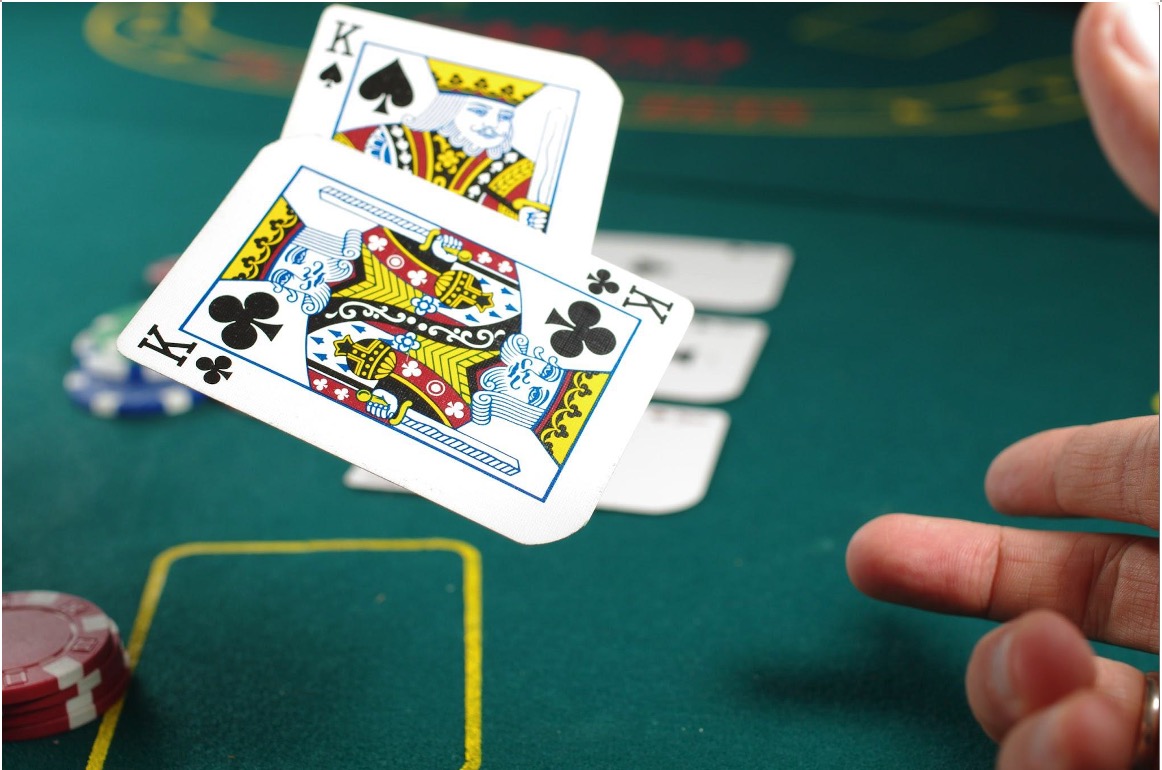Comments
GAMING - The term "casino therapy" may sound unorthodox, but the idea of using gaming for mental health is gaining traction. While there are some risks associated with gambling, certain games played in moderation can offer a range of benefits.
Positive Effects of Gaming
Gaming is a popular form of entertainment that may have many positive effects on the human mind, as mentioned in this 888 casino review article. Some of these include:
- Stress Relief and Relaxation: Immersing yourself in an engaging game can offer an escape from daily pressures. It distracts from worries and promotes relaxation, leading to improved mood and reduced stress levels.
- Cognitive Stimulation and Mental Agility: Many games require players to think strategically, solve problems, and make quick decisions. This mental workout can help improve cognitive function, memory, and problem-solving skills.
- Social Interaction and Connection: Online gaming platforms foster a sense of community through forums. Players can connect with like-minded individuals around the world, build friendships, and collaborate in games. This helps fight feelings of isolation and loneliness.
- Emotional Regulation and Self-Esteem: Games can provide a safe environment for risk-taking and experimentation. Completing challenges, mastering skills, and achieving goals may improve players’ self-perception, confidence and encourage emotional well-being.
Certain games have been shown to have positive effects on specific mental health conditions. Games like Tetris and Lumosity have been linked to improved cognitive function.
Potential Risks and Responsible Gaming Practices:
While gaming can be beneficial, excessive or uncontrolled engagement can lead to addiction and other negative consequences. Here are four key points worth considering:
- Addiction and Problematic Gambling are important problems to be wary of. Setting time limits, avoiding high-risk games, and seeking help if needed are essential.
- Time Management and Setting Limits is a good way to ensure that gaming doesn't interfere with other important aspects of life. Setting time limits helps users maintain a balanced lifestyle.
- Differentiating Healthy and Unhealthy Gaming is another important consideration. Warning signs like neglecting responsibilities, experiencing withdrawal symptoms, or experiencing financial difficulties due to gaming indicate unhealthy behavior.
- Resources and Support are available both online and offline. Websites like Gambling Therapy offer information, tools, and support to individuals seeking help.
Gaming can be a positive and enjoyable activity for many people, as long as it's done responsibly and in moderation.

Specific Applications of Casino Therapy:
Therapists are increasingly using games to treat various mental health conditions. Games can be used to address anxiety, depression, social skill development, and more. Virtual reality (VR) offers immersive gaming experiences with therapeutic potential. VR games can help with exposure therapy, pain management, and rehabilitation.
Tailoring games to individual needs and conditions can further enhance their therapeutic effects. This approach allows for targeted intervention and a more personalized treatment experience.
Future of Casino Therapy
The concept of casino therapy is constantly evolving. As research progresses and technology advances, we can expect to see even more innovative and effective ways to leverage gaming for mental health purposes.
However, maintaining a balanced and responsible approach is crucial, ensuring that the benefits of gaming outweigh the risks. By promoting responsible gaming practices, casino therapy has the potential to revolutionize how we approach mental health care.
###
















